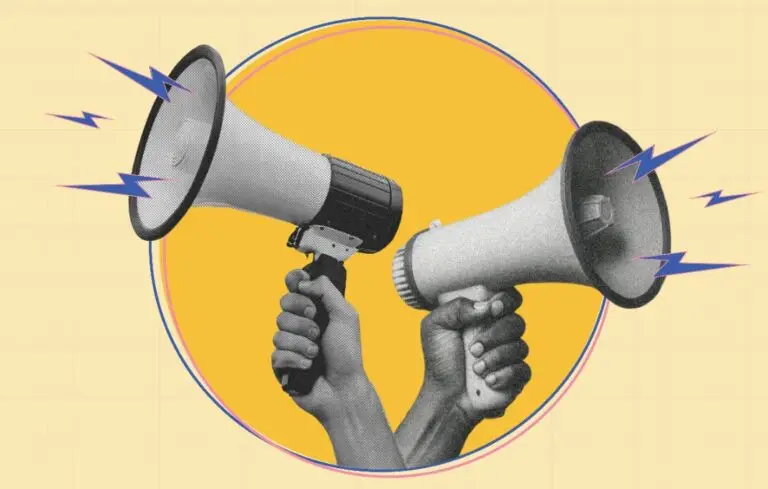The thousands of young people I meet with every year—at SAP, on college campuses, in graduate programs—believe that getting knocked down is a rite of passage, and they desperately want to know what goes on in a leader’s mind when we’re up against the ropes.
Last week, the students I spoke to at the University of Notre Dame asked me about my greatest setbacks. These questions have become common and are my favorites to answer.
My greatest setbacks
Sometimes I talk about losing my mother to cancer; she was my rock. This past year I have also spoken about the life-threatening injuries I suffered from an accident I had last summer.
Among my professional trials, there was the promotion that I was denied as a young salesman and the year when, as CEO, disappointment hit after a convoluted new bonus plan didn’t clearly explain the connection between our employees’ performance and pay.
The moments when leaders talk about the failures, the heartbreak, the times we felt like the underdog. Those are the moments that reveal our truest selves. Each incident, and the grit to persevere, led to our destiny.
The soft stuff is the real stuff. I truly believe that most meaningful connections happen not when other people pound their chests in pride, but when they lean into their fears and struggles. When they open up about the good and bad parts of their journey.
Being transparent is vital
Today, leaders not only have permission to open up—they have no choice. People in public and private life are clamoring for authenticity from those with power. Trust has been lost, and people want to know what’s in leaders’ hearts, not just in their tweets or speeches.
In these times of uncertainty, character is valued more than track record. And it is in adversity that character is revealed. Learning that someone we admire fell down and found a way to get up, get out, and get on with it earns our respect and empowers us to summon similar strengths in ourselves.
Sharing our worst of times is not easy for leaders. Revealing our weak moments make us vulnerable to the very people whose support we need.
Humility is necessary
Humility is the key that makes opening up possible. Humility to accept that we will stumble, and to own it when we do. Humility to recognize that the world has become so complex that no one can be the smartest person in every room. Humility to speak honestly about what matters most to us, to never forget where we came from, and to concede that we cannot achieve our dreams without the help of others.
Even when our most logical thoughts try to protect us from pain, it’s what’s deep inside of us that supersedes and gives us the courage we need. Humility teaches us that our will is stronger than our minds. Sometimes all you have is the dream, but even as you achieve your bold aspirations, always remember that you will be called upon to rise.
When you look out among the people you lead, don’t be afraid to share your whole story—the fight, the fall and the rise.







